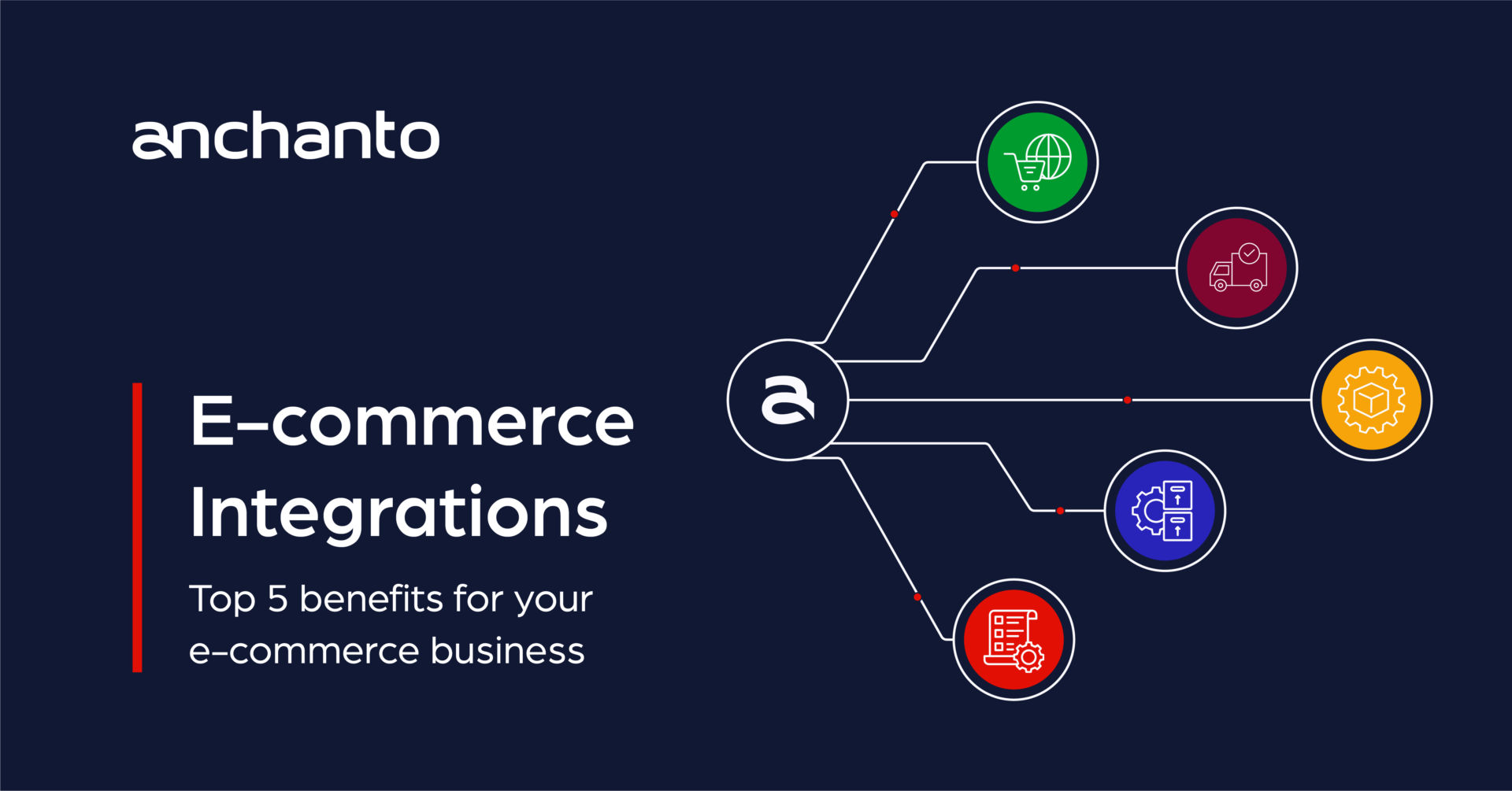
5 Reasons Why ‘Ready Integrations’ are Important for E-commerce Companies
As a player in the digital commerce business, growing revenue is naturally the prime objective, so managing multiple technology solutions for operations can seem annoyingly time-consuming. But, it doesn’t need to be!
When e-commerce technology evolved, capabilities became more advanced, systems became automated, and less time needs to be spent today in updating the same information manually across different solutions.
How did this become possible? There is a one-word answer for it – ‘Integrations.’
But, what are integrations?
Let us understand the meaning and see how they can help you transform your online business.
What is an Integration?
Integrations are simplified workflows that connect two independent systems together to allow the easy exchange of required information for better functioning. They do not just connect different systems, but even enhance them with added capabilities and features.
For example, imagine your Shopee store is connected with your warehouse management system.
Now, what happens when an order is placed in your store?
Since both Shopee and your warehouse management system are integrated, as soon as an order is placed, all the details of the order are automatically pushed to your warehouse management system. So, now the ground staff in your warehouse knows what item to pack, the quantity of the item they need to pack, and accordingly process it further to the assigned last-mile carrier. And all this happens in real-time. Since there is no back-and-forth exchange of information, your stocks in the Shopee store are immediately adjusted and this cycle continues to be ready for the next order.
Clearly, the key to be more efficient, productive, and agile lies in ‘Integrations’. Their goal is simple — to connect your existing systems with third-party applications and build an efficient solution powering your business.
Let’s take a look at some common integrations that almost every APAC e-commerce businesses need for their day-to-day operations.
A typical form of Integrations that simplifies e-commerce operations:

Now, let’s understand some of the top benefits of integrations to help you increase the daily productivity of your business-
Benefits of having ready integrations with e-commerce players & systems:
Having ready integrations in your e-commerce ecosystem allows you to generate an improved online experience and exceptional agility in your back-end business processes. It will allow you to effectively manage cross-channel sales and fulfillment, monitor your customer sales journey, automate day-to-day operational tasks, and get actionable insights. Let’s understand them in detail:
1. To Reduce Human Intervention and Improve Data Accuracy
Having multichannel operations means that you have processes such as order and inventory management, product information management, and even warehousing & logistics management.
But, most of your efforts are consumed in updating multiple sources with necessary information. This obviously needs a high amount of manual intervention, constant checks, and monitoring.
An integrated system can double-check the incoming data like order source, quantity, shipping address, mode of payment, etc., and update all relevant solutions such as the pick & pack system accurately. This reduces inconsistency and errors throughout. It also means that accurate data is stored in secure company databases where everyone can access necessary information when needed; and not worry about the authenticity or validity of the information.
2. To Increase Efficiency
According to a report by econsultancy.com, almost 18% of SEA e-commerce businesses find it difficult to manage their multichannel business due to a lack of data integration.
The ability to easily access information in one system builds agility and transparency within different processes. This rapid syncing means that every part of your integrated system is updated exactly when it should be, thus improving the speed of your operations thereby increasing efficiency.
You can monitor inventory across different marketplaces, optimize your order processing flow, and even manage peak period promotions without struggling with isolated processes. Thus, integrations allow you to centrally control all your operations, automate obvious processes, and make your business more efficient.
3. To Improve Customer Experience
As integrations enable instant updates in customer records along with inventory and order data, your customers are notified of their purchase history, order status, and shipment tracking. With the ease of getting updated order tracking details and product information directly from the ERP system to the sales channels, integrations help you to provide a vast array of information to your customers on the get-go.
This motivates the customer to shop frequently, knowing what to expect after each action they have taken while shopping online.
4. To Streamline Operations and Reduce Turnaround Time
The ‘State of B2B Ecommerce in ANZ, Southeast Asia and India’ report claims that 34% of the Southeast Asian businesses transformed their multichannel management experience once they implemented integrations with back-end operations and supply chain software.
Since integrations happen in real-time, every function gets access to relevant operating data immediately. So, it reduces any unnecessary delays and triggers the right workflow and order alerts. This means, you easily gain control over each business function and enable quicker, intuitive operations. While integrations help you improve productivity, increase efficiency, and much more, overall it also benefits the business’s bottom line.
5. To Improve Sales Effectiveness
Lack of critical sales information can be a huge problem for every online business. But integrating all your sales channels & marketplaces, and analyzing them on a single platform will enable you to monitor the performance of each product and channel.
Depending on these insights, you can get answers to questions like ‘which product is being sold on any specific channel’ or ‘what promotion appeals to a specific consumer’ and derive a better sales strategy to meet each business objective.
To elaborate, there are two ways to improve your top line – reduce selling costs and/or increase sales. Fortunately, having ready integrations favor both these ways to support your business goals. As your top-line starts performing well, your company grows. While a better online experience increases conversion rates, avoiding operational challenges increases efficiency.

Enabling ready integrations with partners & systems, therefore, can take the stress away and help you progress faster to achieve your growth objectives. So, integrations do not just automate your operations and help increase your efficiency but, they improve your overall business objectives.
Source:


